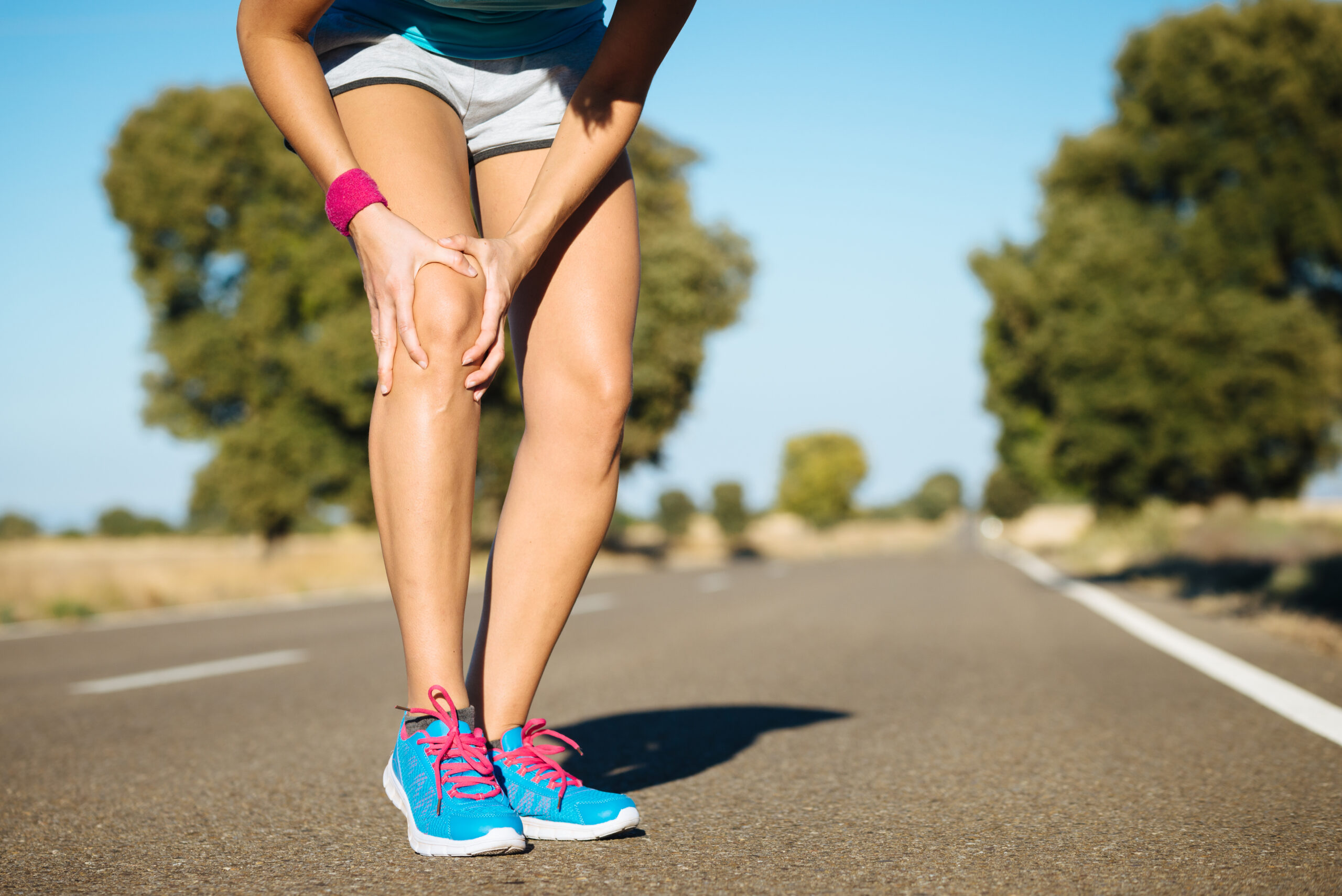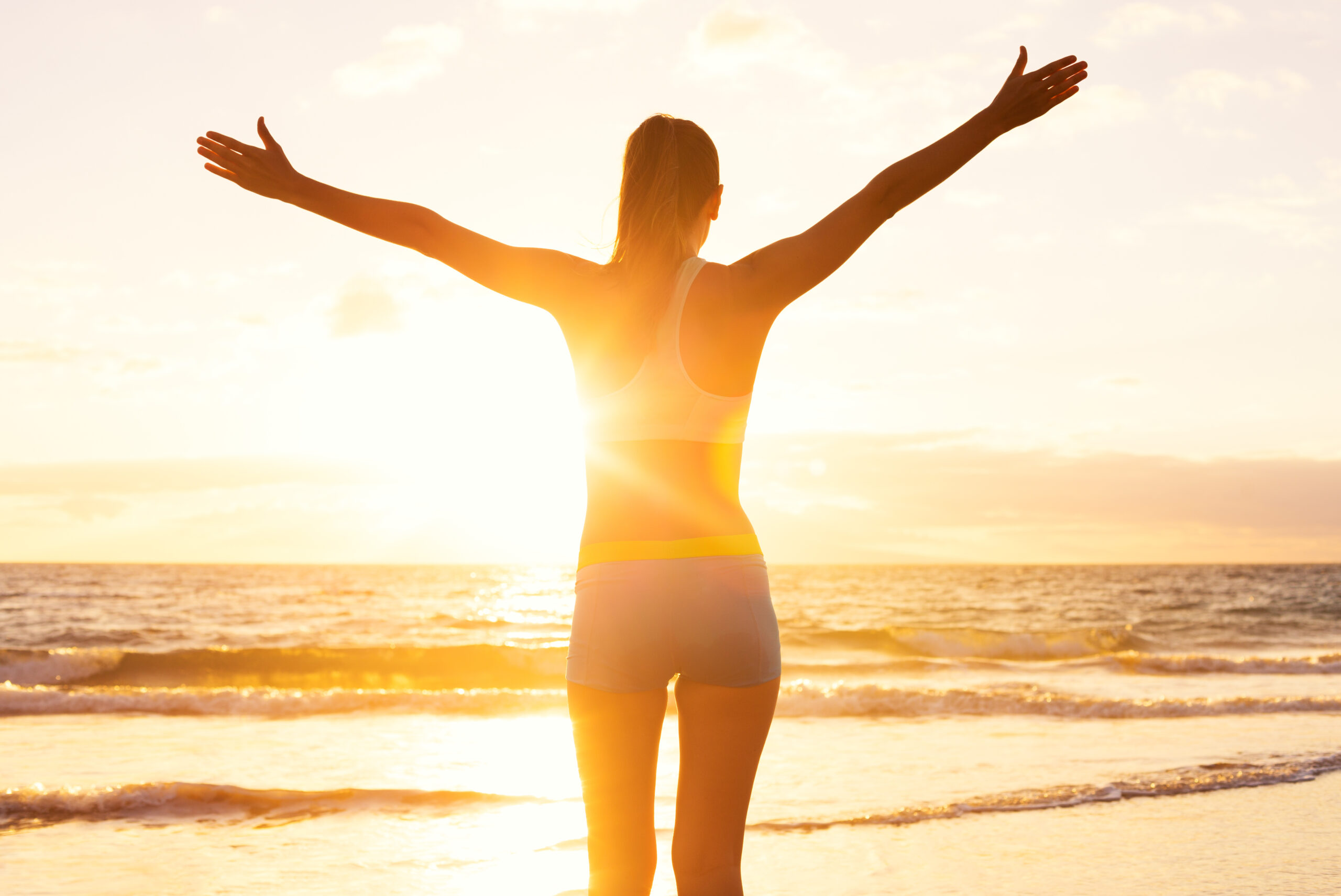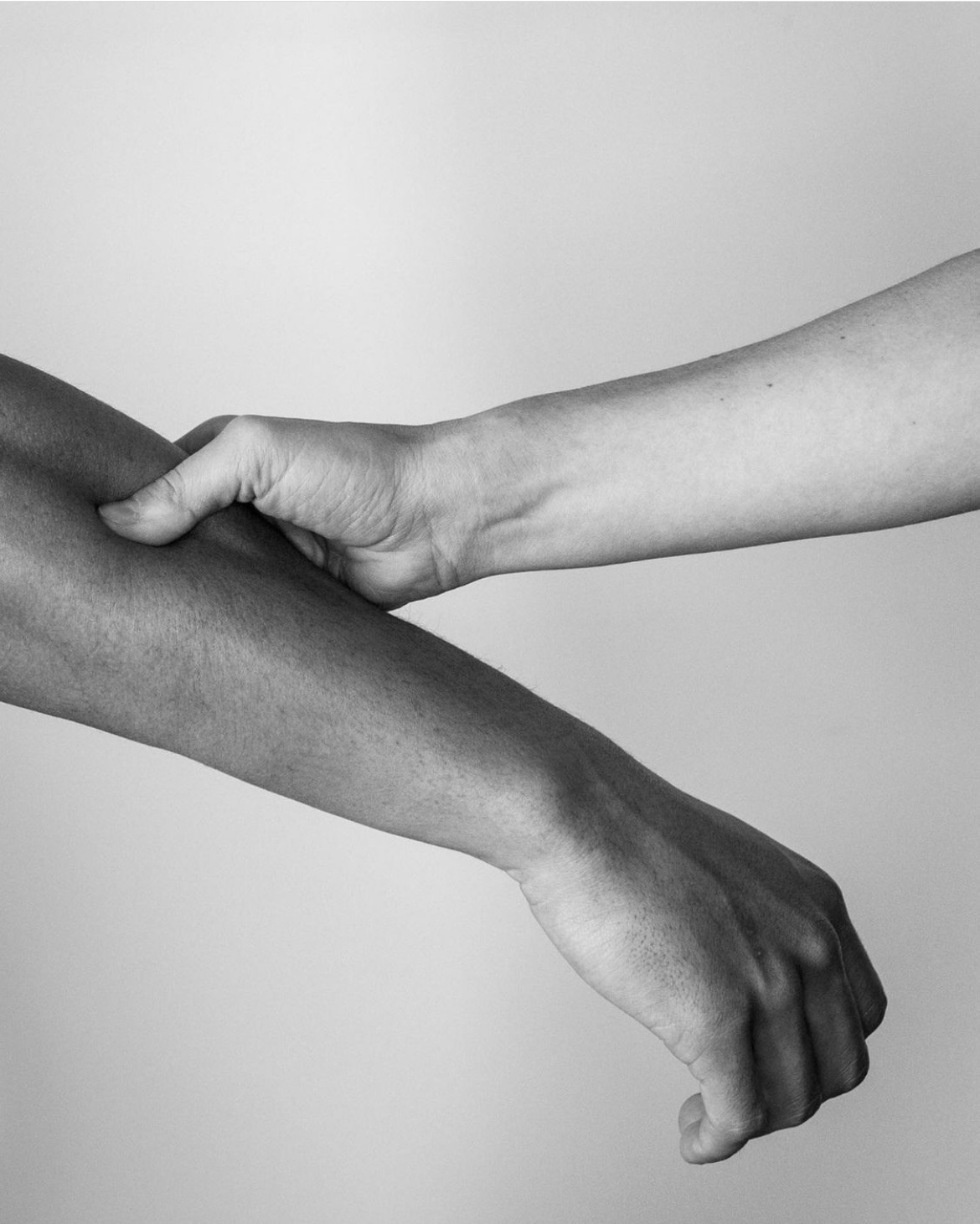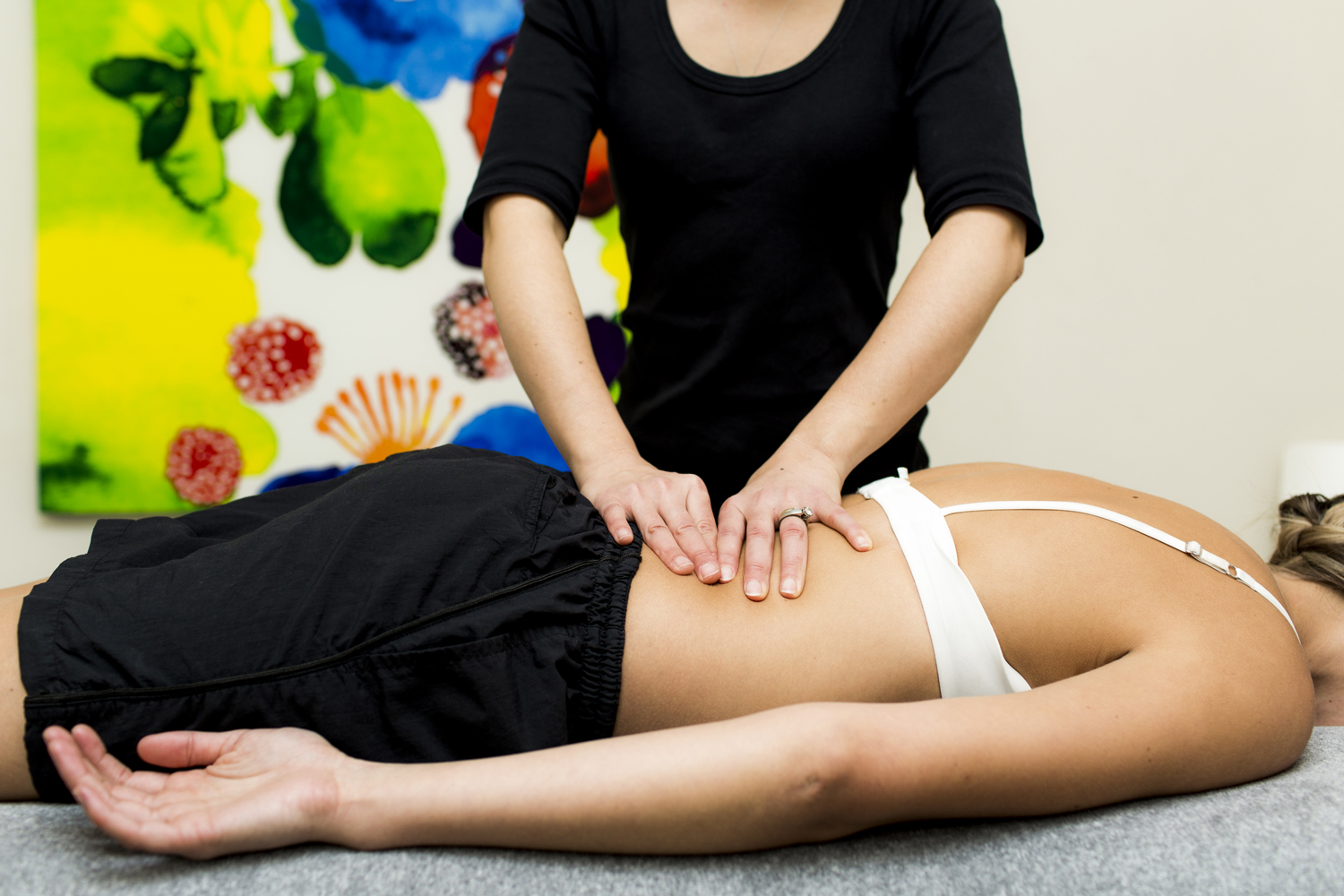ITB Syndrome
What is ITB Sydrome?
Iliotibial Band Syndrome (ITB Syndrome) is a common issue among athletes and individuals engaging in repetitive lower limb activities. This condition occurs when the iliotibial band, a thick band of connective tissue that runs along the outside of the thigh, becomes tight or inflamed causing compression of adipose tissue and therefore pain. ITB Syndrome often manifests as pain on the outer side of the knee, limiting one’s ability to engage in physical activities. Fortunately, physiotherapy offers effective management strategies for alleviating pain and promoting recovery.
Pain and Symptoms
ITB Syndrome can cause sharp or burning pain on the outer side of the knee, often exacerbated during activities like running or cycling. The pain may intensify with each stride, making it difficult for individuals to continue their chosen exercise routine. Ignoring these symptoms may lead to more severe complications, hindering overall mobility.
How Can Physio Help?
Physiotherapy plays a crucial role in managing ITB Syndrome by addressing the underlying causes and providing targeted interventions.
-
- An Assessment and Diagnosis is performed by your Physio to understand your biomechanics, muscle imbalances, and contributing factors. This helps in formulating a personalized treatment plan.
-
- Stretching and Strengthening Exercises are important to target the muscles surrounding the IT band. Targeted stretches for the iliotibial band and strengthening exercises for the hip and thigh muscles help alleviate tension and correct imbalances.
-
- Manual Therapy techniques such as Hands-on massage, myofascial release, and joint mobilization can help reduce tightness in the iliotibial band and surrounding tissues. These techniques improve flexibility and promote healing.
-
- Biomechanical Analysis is used to analyze the individual’s movement patterns during various activities to identify any abnormal biomechanics contributing to ITB Syndrome. Corrections in movement patterns can help prevent the recurrence of symptoms.
Benefits of Exercise for ITB
Benefits of regular exercise, as prescribed by a physiotherapist, are very noticeable in people with ITB Syndrom. Reducing inflammation and associated pain with ITB Syndrome has been shown with exercise. Improved Flexibility by stretching reduces the risk of further irritation. Enhanced strength at the hip and thigh muscles improve overall lower limb strength, improving stability
and support around the injured area. By addressing underlying biomechanical issues, physiotherapy helps prevent the recurrence of ITB Syndrome, allowing individuals to resume their activities with confidence.
Foam Rolling & ITB Syndrome
Lets talk about Foam Rolling. A very common method previously prescribed for ITB pain in theory to release the tight muscles and therefore reduce pain. Recently it has been found that Foam Rolling the ITB was in fact compressing the underlying tissues causing even more pain, very similar to the mechanism of ITB syndrome which we need to avoid. Yes foam rolling can feel good afterwards however it most likely has a placebo effect. It is not recommend to Foam roll your ITB, there are other ways we can help with your tight ITB.
ITB Syndrome can be a significant obstacle for those who enjoy an active lifestyle. However, with the right physiotherapy intervention, individuals can effectively manage and overcome this condition. If you’re ready to connect with a skilled team of physiotherapists
who can guide you on your recovery journey please get in contact with us or book online.





